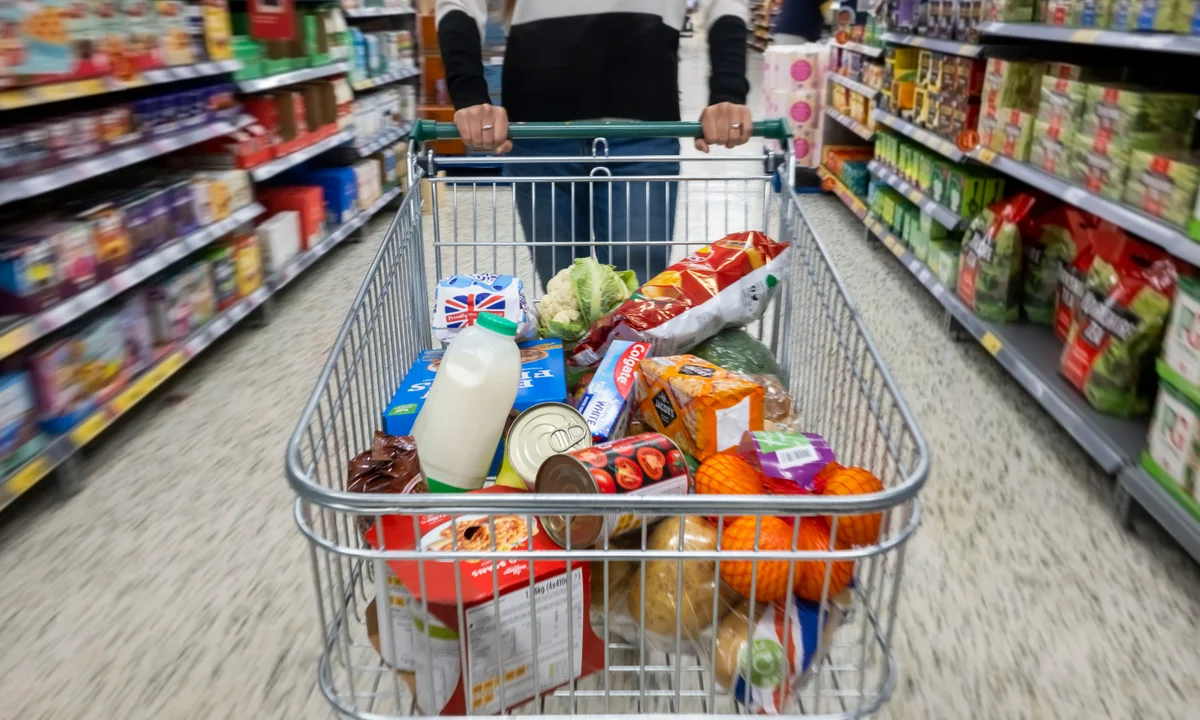Many households felt the pinch this summer as the cost of everyday living crept higher once again.
Official data shows that the rush for holidays abroad, combined with rising food and fuel prices, drove UK inflation above expectations in July.
The Consumer Prices Index (CPI) moved up to 3.8% in July, compared with 3.6% in June, according to the Office for National Statistics (ONS).
Economists had expected a smaller jump to 3.7%, making the latest figure slightly worse than predicted.
This marks the highest level since January, when inflation stood at 4%.
Flights Take Off – and So Do Costs
The ONS revealed that air fares soared by a record 30.2% between June and July, the sharpest July increase since detailed tracking began in 2001.
The surge coincided with the start of the school holidays, when families were scrambling to book last-minute trips.
Petrol and diesel also became more expensive, with petrol up 2p per litre and diesel climbing 2.9p per litre in a single month.
On top of that, hotel stays booked at the last minute saw sharp price hikes, adding more pressure to families already stretched by travel costs.
Food Bills Continue Their Climb
Trips to the supermarket aren’t offering much relief either.
Food and drink inflation hit 4.9% in July, up from 4.5% in June.
Items like coffee, fresh juice, meat, and chocolate saw particularly steep increases.
This marks the fourth straight month of rising food inflation, keeping prices at their highest level since February 2024.
For many households, this means weekly grocery budgets are under greater strain.
What the Experts Are Saying
ONS chief economist Grant Fitzner explained that the spike in airfares was the biggest driver of inflation in July, adding that fuel and food costs only added to the pressure.
Retail industry experts also weighed in, warning that the cost of the average shopping basket is rising steadily.
According to Kris Hamer of the British Retail Consortium, households are “once again seeing the cost of their weekly shop climb,” with food inflation up nearly two percentage points in just four months.
Political Battle Over Inflation
The inflation figures quickly sparked political debate.
Chancellor Rachel Reeves highlighted government efforts to ease the cost of living, pointing to higher minimum wages, extended bus fare caps, and expanded free school meal programs.
She argued that the government’s “Plan for Change” aims to put more money into people’s pockets.
But opposition voices weren’t convinced.
Sir Mel Stride, the shadow chancellor, said families are “paying the price” for what he described as Labour’s economic mismanagement.
Shadow business secretary Andrew Griffith also criticized higher employment costs, claiming they are directly feeding into higher prices.
Meanwhile, Liberal Democrat Treasury spokesperson Daisy Cooper said the figures were “grim news” for struggling households, arguing that Labour has failed to present a clear plan to bring costs down.
The Bigger Picture
Though July’s inflation rate of 3.8% is still far below the 11.1% peak in October 2022, it remains almost double the Bank of England’s 2% target.
Rising travel, fuel, and food costs suggest that households could be facing further financial pressure as the year continues.
With the Autumn Budget around the corner, both families and businesses are bracing for what’s next.
Economists warn that unless stronger measures are taken, inflation could continue to bite well into the colder months, when energy costs typically rise.



